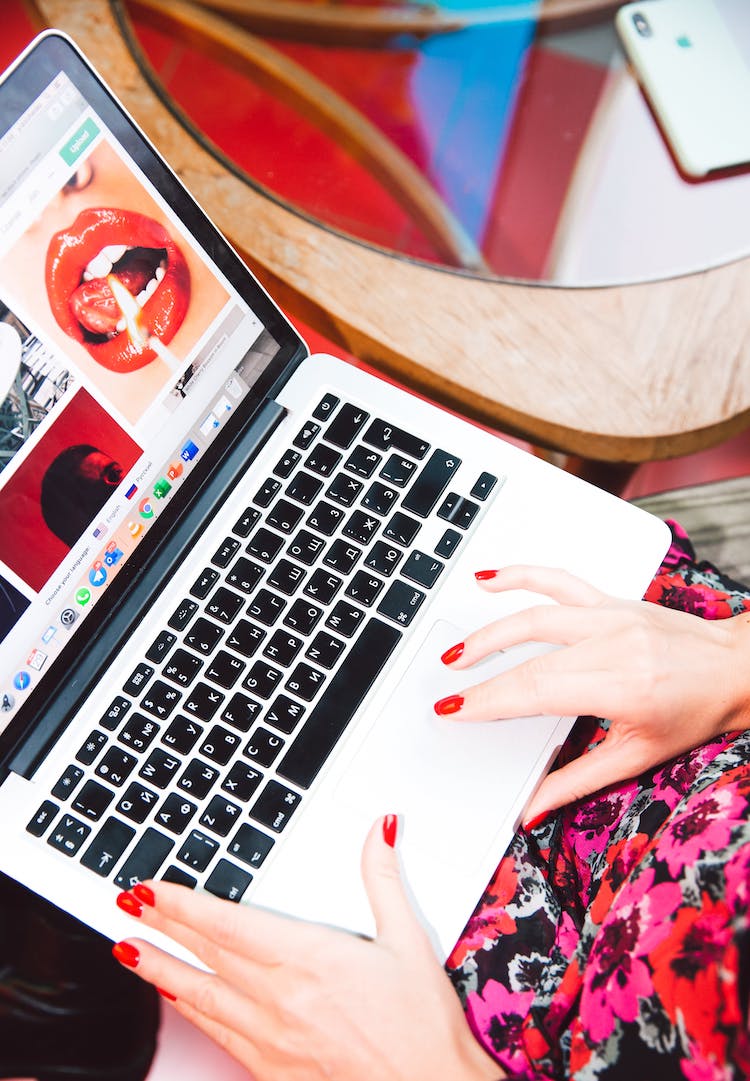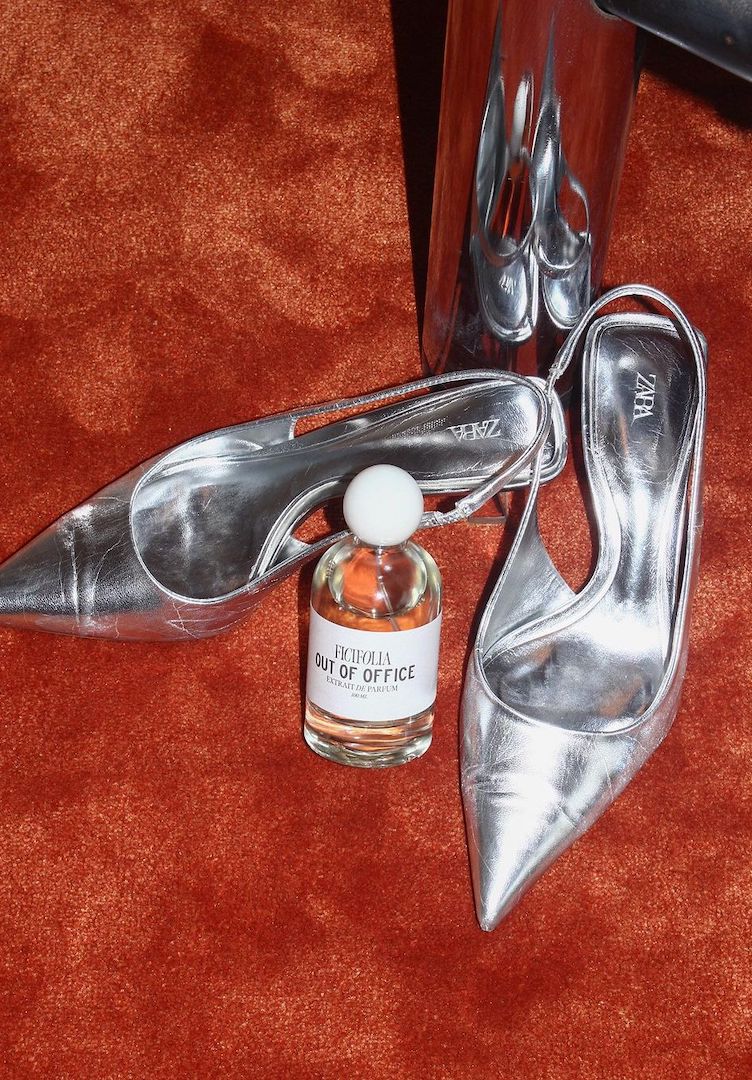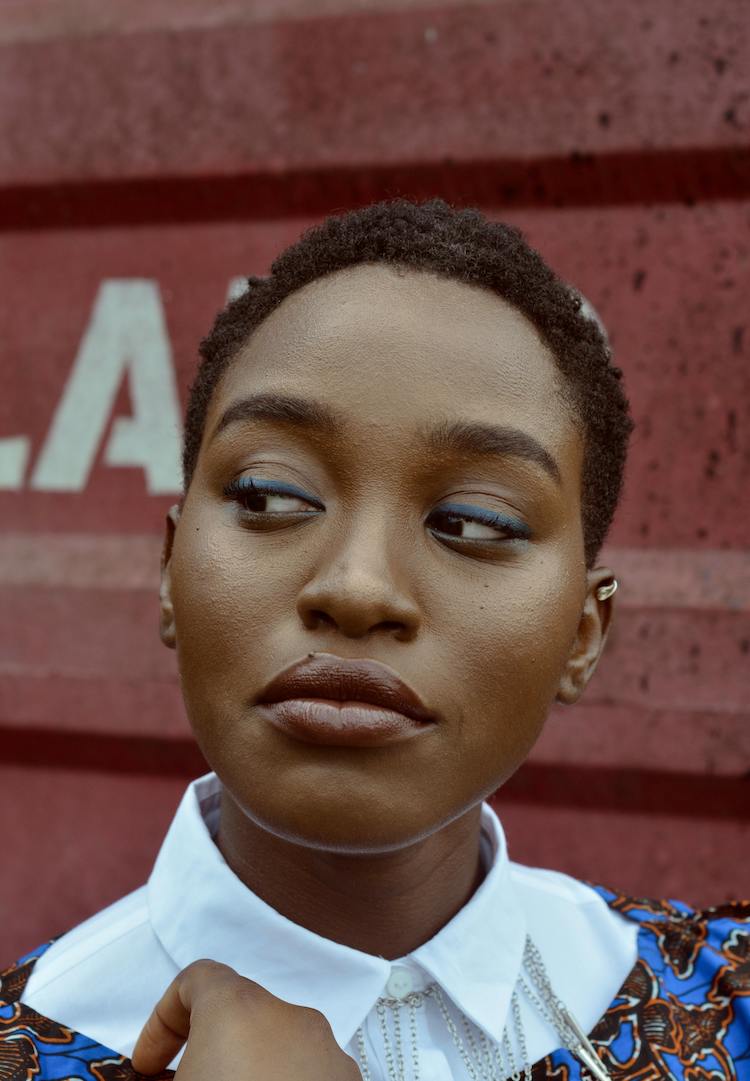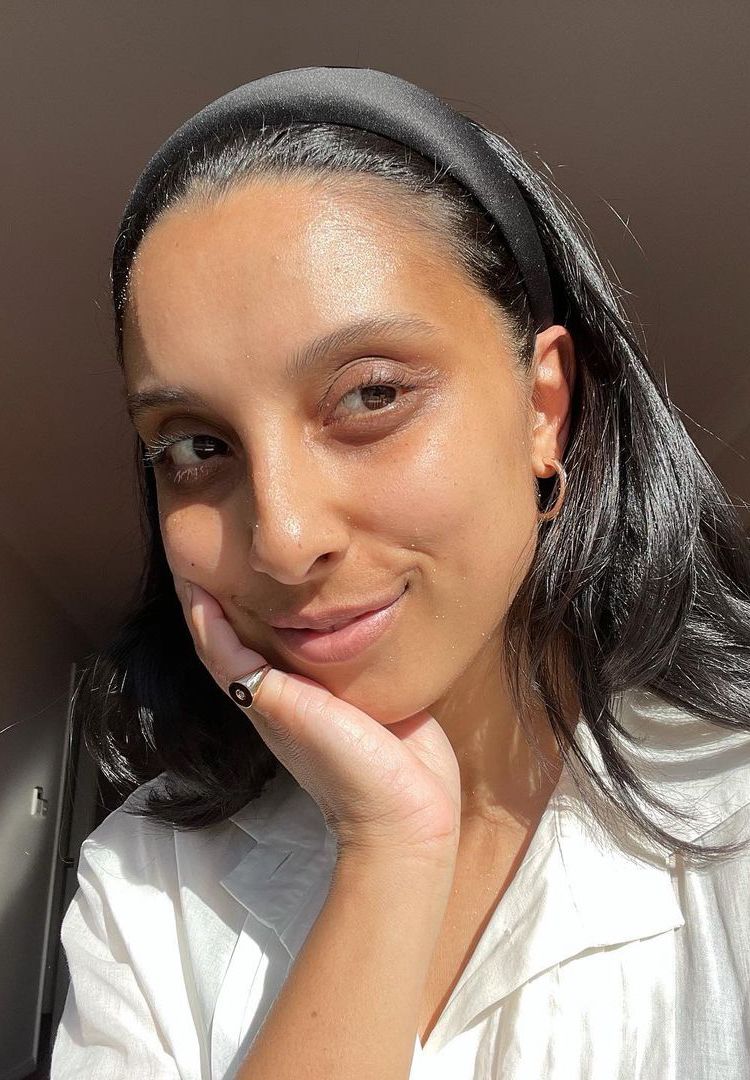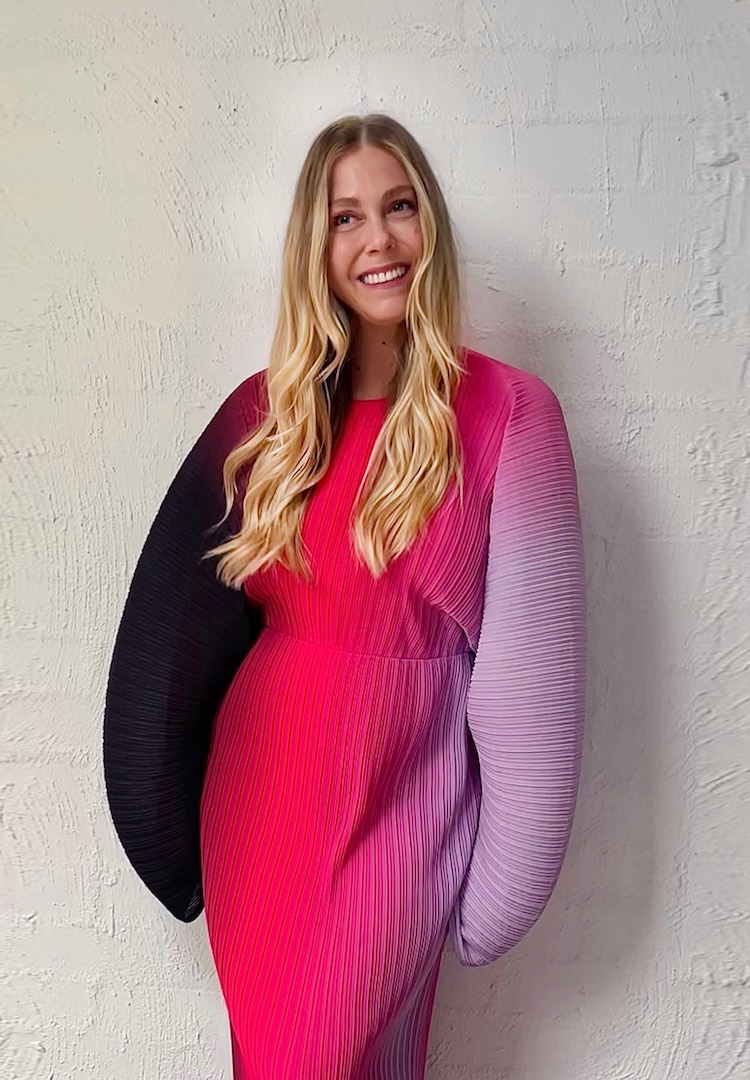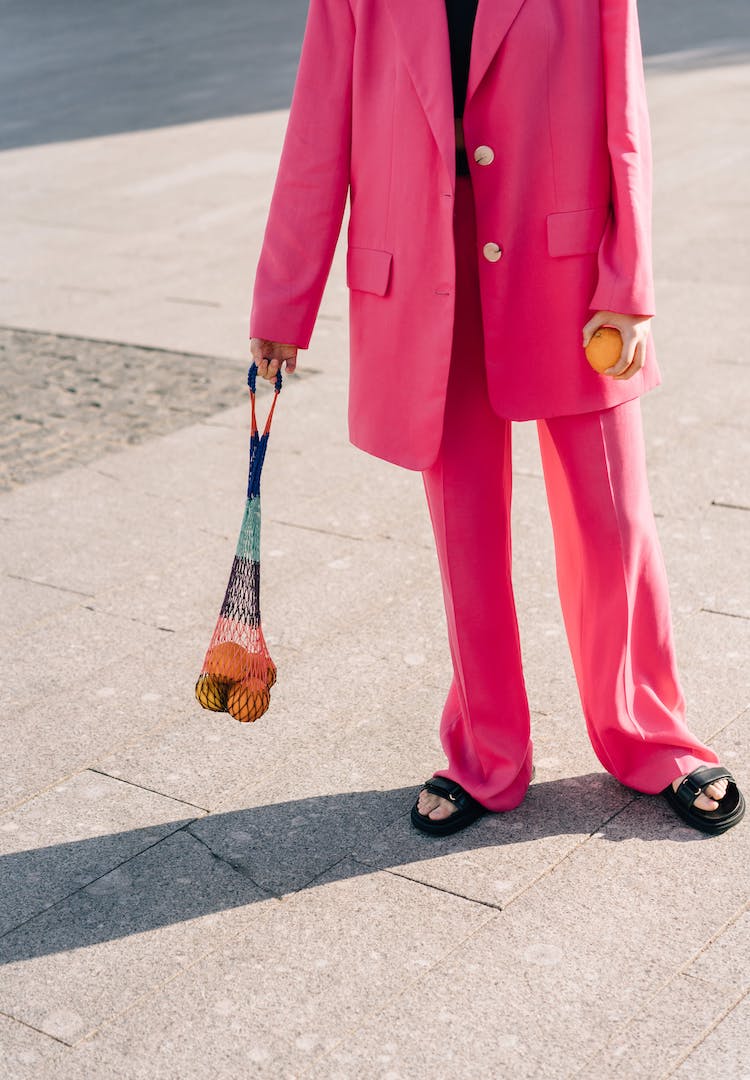How to make your cover letter standout if you want to work in comms or media
IMAGE via @honeymoon_software/INSTAGRAM
WORDS BY MAGENTA PORTER
It’s time to lift your job application game up a notch.
During my undergrad studies, working in digital media and publishing not only seemed far away (I was based in Perth) but virtually impossible. How did these people I admire actually land the kind of job that I dreamed of having?
Jobs in digital media, or back then, print magazines, were rarely ever advertised. And on the off chance they were, the fear of applying to them constantly held me back.
Want more career advice? Check out our Life vertical.
I would hover over a job listing tab for days before I would abruptly close it. I had a complete lack of confidence in what to write, and how to write it in a way that would appeal to an editor.
I’ve applied for my fair share of internships and jobs in the past year, and after trawling through a thousand different how-tos and having spoken to the people who actually do the hiring, I’ve got a few tips to pass on.
Keep it simple
When I started applying for jobs in digital media, I was under the impression that your resume had to look visually appealing, and for this reason, my first post-uni resume was a complete shemozzle (read: a state of chaos).
I overcomplicated a relatively straightforward process, out of fear that my resume just simply wouldn’t compare to the excessive creations I’d read about in the pages of magazines. One that comes to mind is the resume box – yes, a box – that someone had sent to an editor that ultimately landed her the job.
This idea sent me straight back to year three when my hands were constantly covered in glue and dioramas were my thing, and incorrectly led me to believe that a simple Word doc just wouldn’t cut it.
I whipped up a resume that looked pretty, with colourful graphics and creative headings, that I thought would grab the attention of whomever’s inbox it landed in. I also tried to fit my entire education, work history and experience onto one A4 page.
So yeah, my resume looked great, but in fear of being overly descriptive, I essentially shaved down my relatively decent amount of experience and skills to fit an aesthetically pleasing page that looked less like a resume and more like a fancy flyer.
This is where I went wrong. Sometimes, simple is best. After all, your resume is just a reference document for your potential employer so they can determine if you meet the job criteria – it shouldn’t be an art project, nor should it be even remotely three-dimensional.
To summarise, ask yourself these two questions: Is your resume easy to read? Does it inform the recipient of your education, experience and skills? If the answer is yes, even if it’s just a neat, black-and-white PDF that runs for a page or two, you’re on the right track.
Of course, make sure it’s free from any typos or formatting errors. Grammar is sexy, and if a career in digital media is what you’re after, any typos will be an instant red flag.
Sell yourself, baby!
Once you’ve got your professional resume out of the way, your cover letter is up next. Cover letters are extremely important – they offer insight into not only your writing and communication style but your personality. You could have a load of experience, but your cover letter could be overly generic or bland and fall short.
On the other hand, you might not have that much experience behind you, but your cover letter could blow your future boss out of the water and put you straight on the interview shortlist.
Sending a generic, one-size-fits-all cover letter is the most common mistake people make. Your future employer, or the human resources department, might receive a hundred different cover letters for one job, and trust me, it becomes pretty obvious when you’ve simply changed the recipient and nothing else.
Having a relatively set-out cover letter is fine, but you should tailor each cover letter you send to the company and role that you’re applying for. Delete any irrelevant experience, and add anything that might give you a leg up for the job.
Think of your cover letter like a dating app profile. Put your best self forward, show a little bit of personality, and tell the employer not only why you’re the best person for the job, but how you will be an asset to the company.
Talking yourself up can be a little awkward for even the most confident people among us, but if there’s one place where you can do it and where you should do it, it’s in a cover letter. Of course, and it goes without saying, always tell the truth – if you’re caught exaggerating your level of experience or ability, it will come back to haunt you.
Finally, show your potential future employer that you’ve done your research. If you can, always address the letter to the correct hiring manager or editor directly, and if not, the specific team. Be sure to include why you want to work for them and why you love the company or masthead you’re applying for.
A little genuine flattery goes a long way – being a keen bean isn’t embarrassing, it’s endearing. This is not a date, you don’t need to play hard to get (until you get to the interview stage, at least).
For more practical advice on how to write a cover letter that will stand out, head here.


